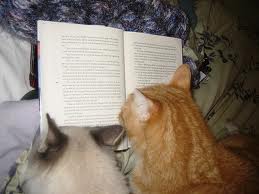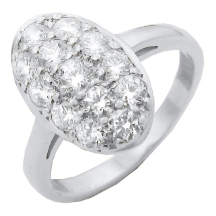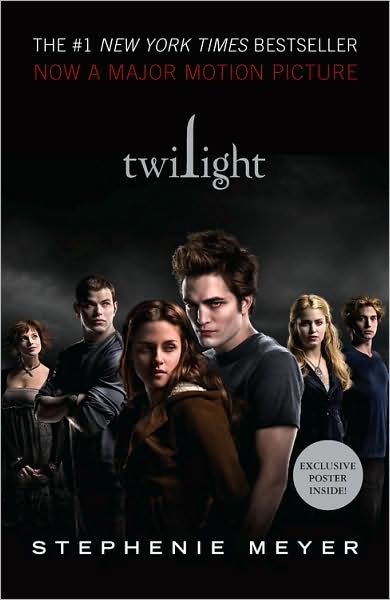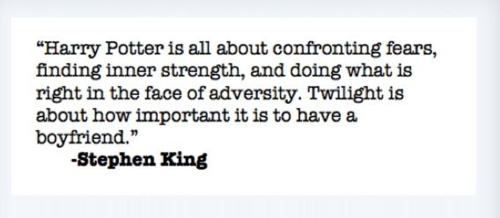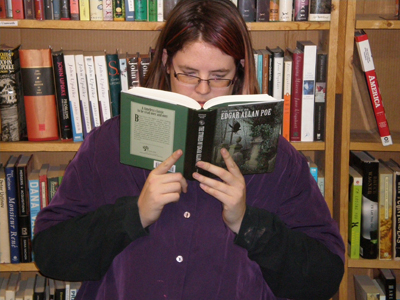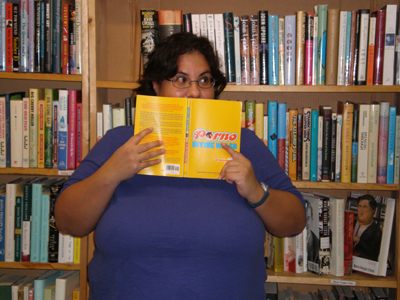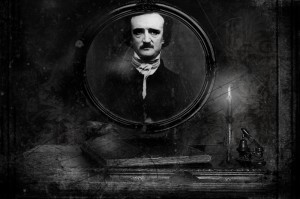I’ve lived with 9 cats so far in my life, 5 of them specifically mine. I love cats more than anyone you will ever meet, so I am all for other people getting them… especially if I can visit. =D But there are some things I’ve learned along the way that you should consider before you run out and adopt a kitty.
How many cats should I get?
Generally, 1-3. My favorite answer? 2.

Three cats is practically a litter, which seems like a bit much – especially if they’ll be in the house. But one cat can get lonely. Now, cats are not as social as dogs, so some cats will be perfectly fine alone. But all cats, like people, have different personalities, and some of those personalities are playful and social, and if an owner doesn’t have as much time to interact with that cat, the cat can get depressed and dejected. In extreme cases that cat can actually become neurotic due to a lack of social interaction. And no one wants a neurotic kitty.
Since I know from experience how difficult it is to get a second cat once you’ve had the first cat for a while, I would recommend getting two off the bat to avoid this problem entirely. And to make sure they get along well, you can’t go wrong with getting two kittens from the same litter.
Where should I get it?
There are so many cats in this world who need homes. Ultimately, you can’t go wrong if you get a cat from any place; you are still saving that cat. But I personally can’t bear to think of paying for them at pet stores when there are thousands of stray cats at animal shelters who desperately need homes. Saving kittens that are on the streets is noble, too, as they would most likely also end up in animal shelters. Grown cats off the streets, however, will likely never make a good domesticated pet.

What age cat should I adopt?
That depends. What are your intentions? I’ve always gotten kittens because I like to be extremely close to my cats, and raising them from a young age guarantees that. But if you want a cat who lives with you but doesn’t necessarily revolve around you, a grown cat is a great option. Kittens are also a lot more work; a grown cat is less maintenance. There are plenty of both who need adoption.
Should it be short- or long-haired?
Long-haired cats are gorgeous, but they’re a pain. They leave their fur everywhere, and they are much more prone to hairballs, which are, indeed, disgusting. You can’t help which kitty you fall in love with, but I would certainly recommend steering your love in the direction of short-haired if you’re a low-maintenance type of owner.
Should it be indoor, outdoor, or both?
There are several ways to look at this, and there truly is no right answer. My dad was a huge cat lover, and he firmly believed that being cooped up inside was no life for a cat. I, on the other hand, will never own another outdoor or indoor/outdoor cat. Indoor cats live longer — period. Every time your cat goes outside, it is at risk: cars, predators, cruel people, getting lost, fights with other cats, etc. Not to mention that if it comes back and forth between inside and out it can bring with it fleas, parasites, and other diseases.

But, like I said, there are different ways to look at it. Maybe a freer, more wild life is worth it for the cat even if it does shorten their life expectancy. But my indoor cats are extremely happy kitties. As long as they have windows to look out and plenty of toys to play with and stimulate their minds, they will be fine. So my vote? Indoor. I want these kitties to grow old with me. I have lost three outdoor cats early, and it is truly heartbreaking.
Should I get it fixed and/or declawed?
It is my belief that everyone, everywhere, should always get every single cat fixed at the youngest age possible. There are way too many stray cats and not nearly enough owners for them. There will always be more kittens; you do not need to “breed” your own.
Declawing is another issue. Some people always declaw every cat they own no matter what. Some people think that declawing is an inhumane practice equivalent to torture and should be made illegal. As always, there is more than one way to look at it, and the truth is probably somewhere in between.
If your cat is outdoors, or indoor/outdoor, you should not declaw. A cat outside needs to be able to defend itself from other cats, and it cannot do that without front claws. And no cat, ever, should have its back feet declawed. Indoor cats occasionally get out, and those back claws are their only chance of survival.

But there are reasons to declaw an indoor-only cat. Namely, property destruction. Some cats naturally gravitate toward scratching posts – yahoo. But others can wreak havoc on furniture, curtains, doors, and other possessions. My vet put it this way: with so many owners getting rid of cats because they can’t afford to have their furniture ruined, how can declawing be considered completely wrong? If it saves the lives of cats, it seems worth it. And although you hear that it is equivalent to removing a human finger at the first knuckle, that is not true anymore. If it’s a difference between having to get your cat declawed or getting rid of it, I certainly think declawing is the lesser evil. Some people disagree, and that’s fine. You’ll have to make your own choice.
If you do think declawing is the way you’ll go: do it early. Young kittens heal so much faster than older cats. They can be declawed and fixed in the same appointment and be back on their feet after a day or two. A very young kitten won’t even remember having claws and will never know the difference. And yes, declawed cats can still climb, play, and do pretty much everything else a cat with claws can. I’ve even caught my declawed kitty “scratching” the scratching post. Another consideration: if you have more than one cat, you will need to have either all or none of them declawed. Cats do fight, and you don’t want one cat to be at an unfair advantage, as this can lead to serious power struggles and conflict.
What are some other considerations?
Where will you put the litter box(es)? You need at least one litter box for each cat you own, and yes – they do stink. I mean, there’s shit in there. What do you expect? If you’re a neat freak, you might want to consider putting your litter boxes in the garage and having a kitty door to get to it. The downside of that is that if your cats are indoor only, you can’t easily pull your car into the garage. The upside is that your house won’t smell like litter box. Another option is to put your box in a bathroom, although that can be kind of gross for non-cat-lovers who visit your house. Do you care? This is something important to consider before you get a cat. A litter box needs to be scooped every day.
Will cat hair drive you crazy? You can get a “neutral” colored cat (tan, gray, brown) to help hair blend in to furniture, but it will still be there. If you don’t want to be constantly vacuuming, lint rolling, and saying, “Sorry about the cat hair,” this is a serious consideration. It gets in everything, on everything: promise. As I mentioned above, long-haired cats are worse, but all cats shed. Don’t get a cat if you’re not okay with that.

Can you afford a cat? Vet trips are super expensive. Fixing a cat can easily cost $200, and that’s per cat. Food, litter, toys, emergency vet visits… it does add up. And there will always be unexpected expenses: count on that. Hundreds of kitties are put on the streets and sent to shelters for this reason every year. Plan ahead. Please be responsible and don’t get a cat if you can’t afford it.
Are you allergic? You might want to get tested before you get a cat.
Will the cat(s) be allowed to sleep with you? Or go into your bedroom at all? Sleeping with a pet has been shown to decrease sleep quality. Is that worth it to you? If not, is your home big enough for your cat to sleep elsewhere if you close your bedroom door at night?
Do you have the space for a cat? Admittedly, cats aren’t dogs; they don’t need to be walked or have a huge yard to run around in. But they do need some space. Cats like to be alone for at least part of the day. If you don’t have at least a couple of rooms that are cat-friendly, you might have a grumpy kitty on your hands. And multiple cats need much more space than just one. They are very territorial, and definitely need to be able to get away from each other. Vertical space is a great solution for this. Cat towers are a nice option to increase kitty’s domain.

And, finally, will your housemates be okay with your cat(s)? Hopefully your spouse/roommate/family aren’t cruel enough to hurt or “accidentally” release your cat, but that does happen and it’s very sad. And even if they tolerate it, will they be happy? Depending on your relationship with said housemate(s), this could affect you more than your cats. Consideration for others is definitely something to keep in mind. A happy housemate is a good housemate.
So there you have it. Every consideration I could think of about getting a cat. I hope it helps. Peace, love, and kitties to you all.


